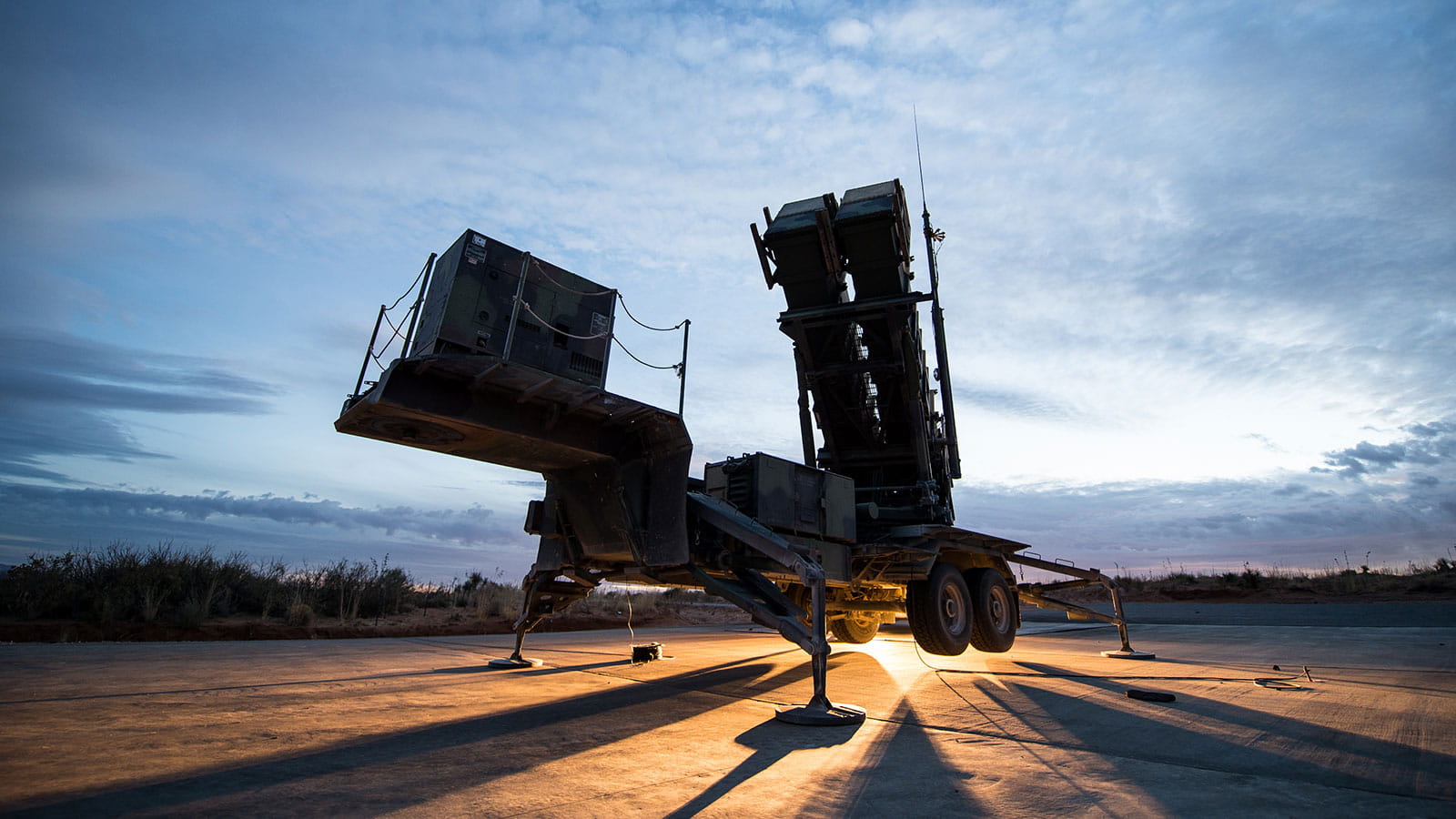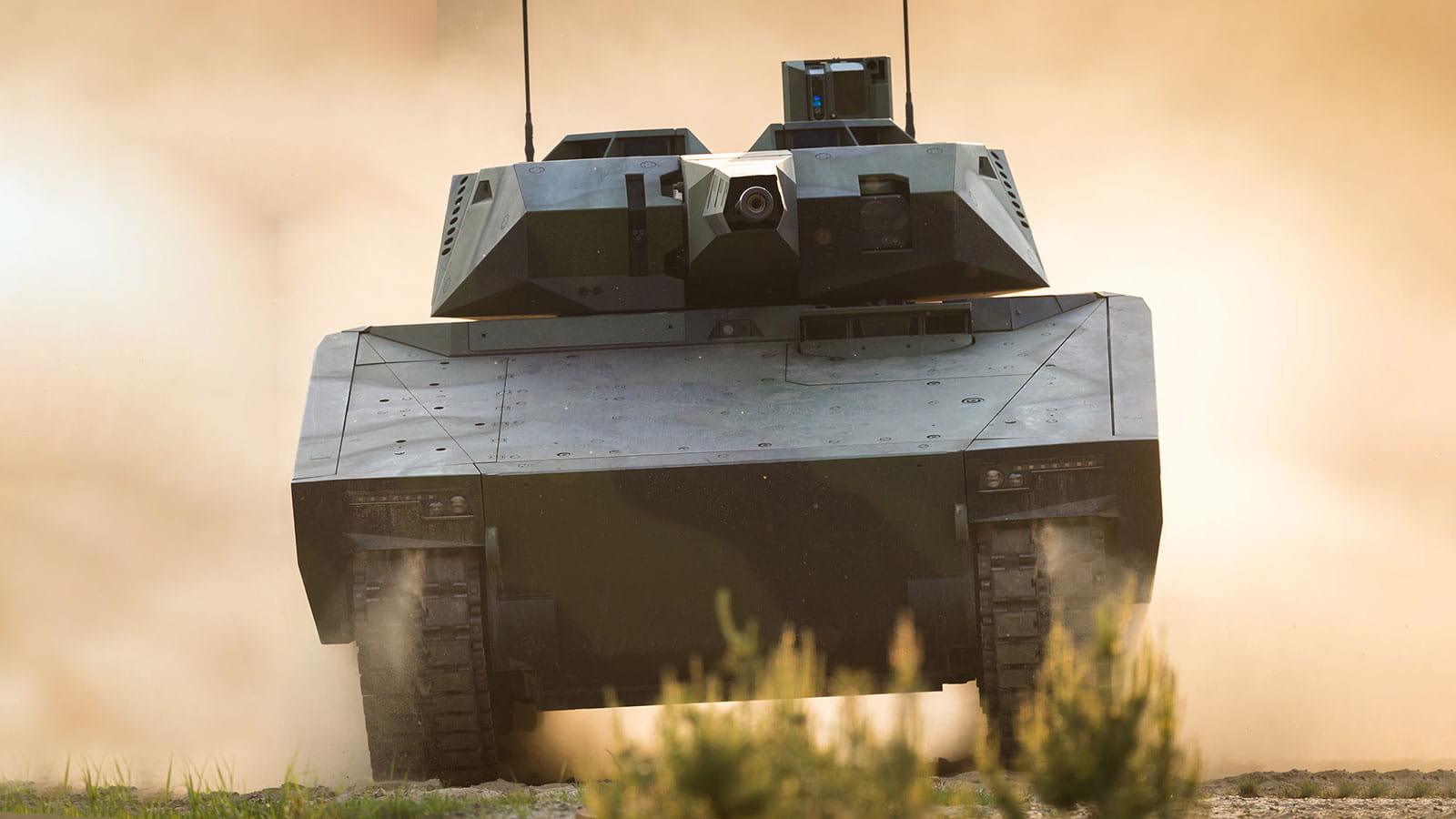Deep roots and innovation in Poland help boost military modernization plans
Poland’s plan for a more capable and mobile military rests on three main principles: a clear understanding of the nation’s defense needs, the ability to quickly deliver technologies for a connected battlespace, and a commitment to work in partnership with Polish industry.
RTX is well suited to meet all three. The company’s presence in Poland – 8,900+ employees across eight major sites, ongoing support of local economies and a history of partnership with Polish suppliers dating back more than 40 years – indicates that the company is poised to help Poland push forward into a new era.
“Combining our experience, technical innovation, and presence in the country, we have a host of capabilities to address many parts of Poland’s modernization plans,” said Shawn Rantas, director, program manager and Warsaw site executive for Raytheon , an RTX business.
RTX’s presence in Poland
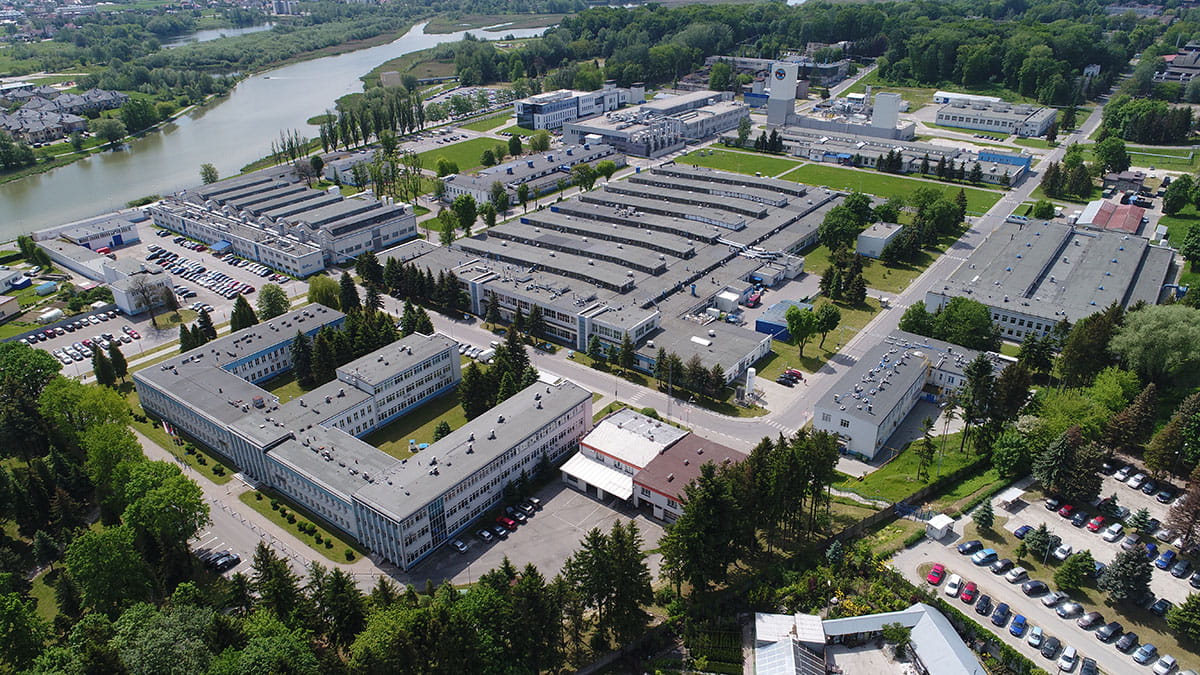
The Pratt & Whitney campus in Rzeszów is one of biggest aerospace sites in Poland. The 400-square-acre campus incorporates two major operations: Pratt & Whitney Rzeszów and Pratt & Whitney AeroPower Rzeszów. These facilities are home to production of aircraft engines, gears and gearboxes; a complex static structures center of excellence; original equipment manufacturing and maintenance, repair, and overhaul for legacy and auxiliary power unit, or APU, engines; and a state-of-the-art research and development center.
RTX’s history in Poland dates back to 1976, when WSK Rzeszów began supplying parts to Pratt & Whitney Canada. In the decades since, the businesses that now make up RTX have supported Poland’s national security and economic development through long-standing relationships with Polish industry and cultivating in-country expertise.
Even during a global pandemic, RTX has supported Polish modernization efforts by offering a local supply chain and local partnerships.
Mariusz Tomiak, who leads the landing systems operations at Collins Aerospace Krosno and Rzeszów, has been with the team for over two decades and understands the significance of having a local connection and supply chain.
“Local suppliers reduce transportation costs and shorten production lead times, thanks to shorter transportation times,” he said. “Cooperation is also easier when we don’t have the barriers to communications, legal practices or culture.”
Having a local presence gives the Armed Forces of the Republic of Poland access to RTX’s development centers and advanced production practices. This enhances collaboration, rapid development and delivery of modern and digital solutions.
On the commercial side of the business, the Collins Aerospace Wroclaw campus creates smart solutions for global aviation. Specializing in modernizing aircraft, this group creates the latest in hydraulic and pneumatic system components for fuel, in-cabin air management as well as safety and control systems for contemporary airplanes.
The Pratt & Whitney Polish locations also are investing significantly in future developments for sustainable aviation. Not only do they focus on manufacturing and subassemblies for nearly every one of the company's engine models, but this team is behind the company's high-bypass Geared Turbofan engine family, which is reducing fuel consumption by 16 to 20 percent for passenger aircraft.
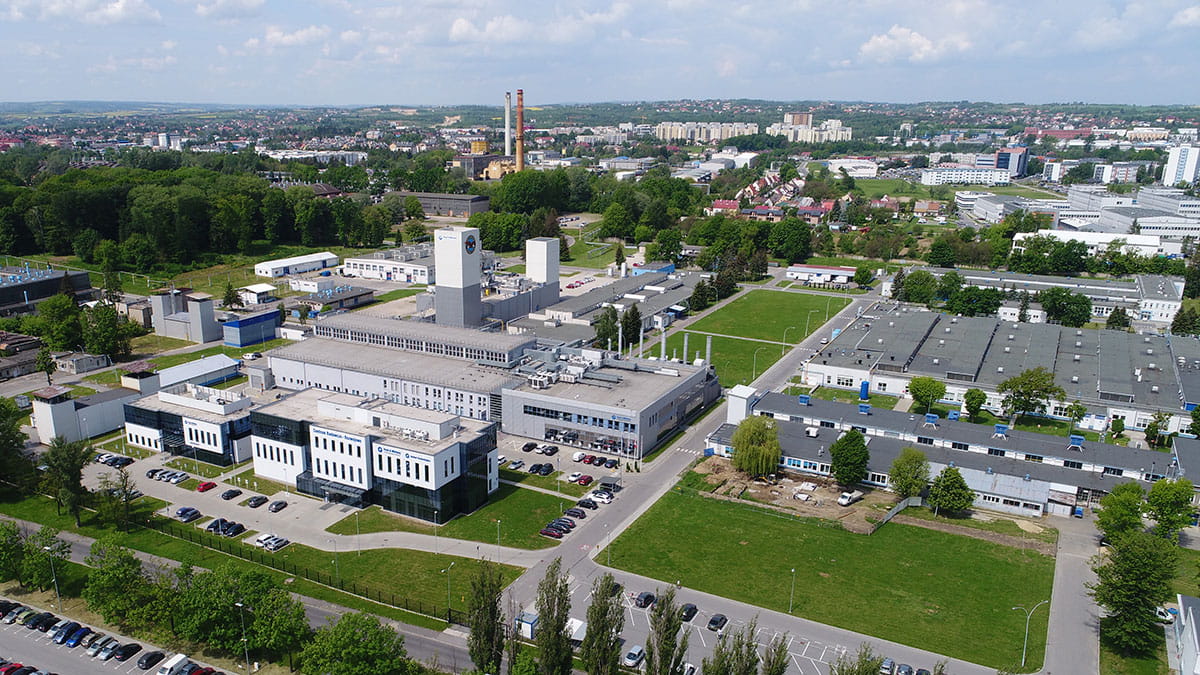
Pratt & Whitney AeroPower's Rzeszów campus.
Partnership and shared values
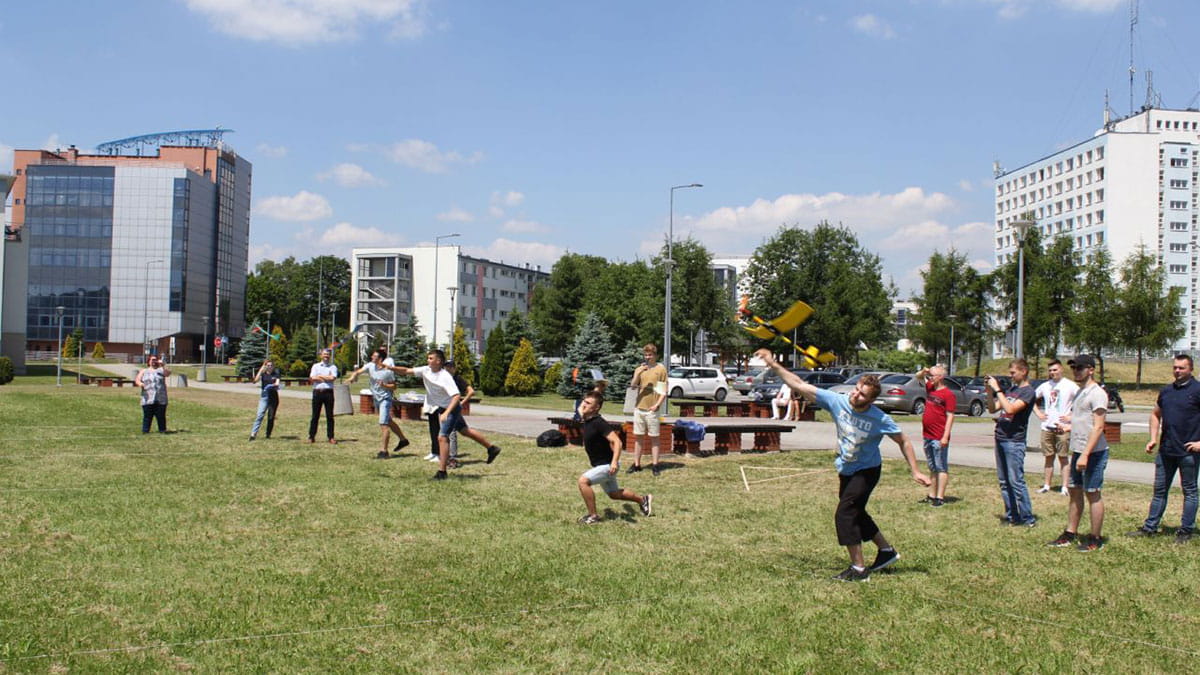
Students participating in the Pratt & Whitney Rzeszów-sponsored Learn & Fly competition demonstrate their model aircraft as part of the educational initiative that teaches principles of aircraft design and production.
“We feel a strong aspect of the Polish modernization plan is partnering with industry,” Rantas said. RTX has built a relationship with Polish industry to support the WISŁA program, which includes one of the largest defense procurements in the country’s history. As part of the program, Poland is joining the U.S. and six other NATO member states in using the Patriot air and missile defense system.
Raytheon opened a state-of-the-art Warsaw headquarters in 2019 to support the WISŁA program, and the business invests in Polish talent to develop missile defense programs.
“In the past two years, even during the global pandemic, we’ve been able to grow and invest in the talent within Poland,” Rantas said. “We aim to create a locally run organization within the next five years.”
The business also partnered with nine Polish companies to produce and deliver key elements of the WISŁA system through the local supply chain in the program’s first phase. In the second phase, these organizations will have the opportunity to collaborate to meet the future needs of the Polish Armed Forces in areas including integration, command and control, 360-degree radar enhancements and low-cost interceptors.
“We share the same values as our industry partners, and that has gone a long way to deliver proven, successful outcomes,” Rantas said. “Even with significant obstacles like COVID during the past year, we have worked very effectively together to remain on schedule.”
To bolster the local aerospace community, Pratt & Whitney Rzeszów initiated and continues to support the regional aerospace cluster known as “Aviation Valley” in southeastern Poland.
“The location was not an accident,” Andrzej Czarnecki, director of communications at Pratt & Whitney Rzeszów S.A., said of the initiative that started in 2003. “In southeastern Poland, there were several dozen years of aviation tradition that we wanted to build on. It helped us and other companies develop faster and create new jobs for the residents of Rzeszów.”
This industrial cluster of aerospace industry currently brings together 170 business entities and a total workforce of 34,000 employees – 13,000 of whom are engineers. Of those 34,000 employees, nearly 6,000 work at Pratt & Whitney.
Investing in the future
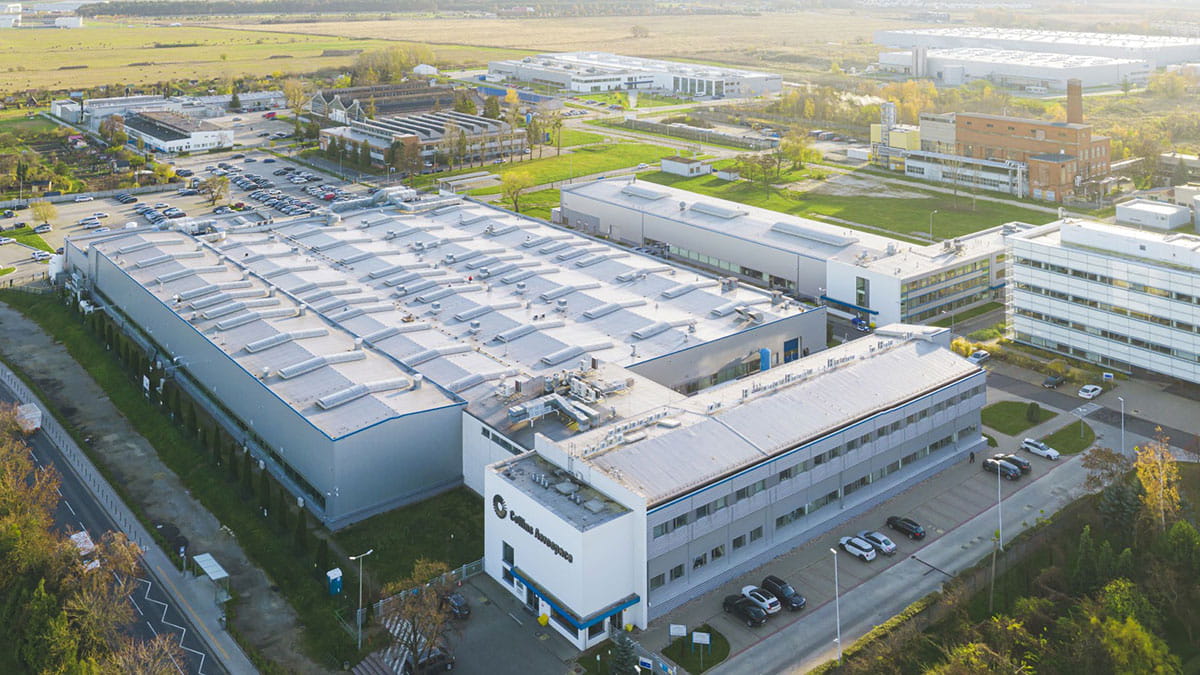
The Collins Aerospace campus in Wrocław employs 1,100 people across three departments: maintenance repair and overhaul, engineering and manufacturing. The Wrocław plant specializes in the development and production of hydraulic systems for application in fuel, air management, and aircraft control systems. The components produced and repaired in Wrocław are delivered to military and commercial aircraft manufacturers.
RTX has immersed itself in the Polish community to collaborate, partner and support the next generation of talent in defense and aerospace.
Working with industry partners and leading universities, RTX is bringing together the country’s most promising talent to solve Poland’s biggest challenges.
Paweł Pałubiński, general manager at Collins Aerospace Wrocław, has committed to cultivating talent and innovation within the community.
“Every day, they work on developing smart solutions to make flying safer and more efficient,” he said of the site’s more than 1,100 employees.
Collins Aerospace partners with Polish universities including AGH University of Science and Technology in Cracow and Wroclaw University of Science and Technology, and technical schools such as Aviation Research Institute in Wrocław, Lotnicze Zakłady Naukowe in Wrocław and the High Professional School in Krosno to support the next generation of talent. Leaders across the company mentor students and young professionals while helping them develop their skills and paving a path for careers in aviation. RTX also has created an internship program that shows Polish students the structure and operations of a large aerospace and defense company, helps them expand their skills and identifies opportunities for future development. That program draws from students at Warsaw University of Technology, Łódź University of Technology, Cracow University of Technology and Cracow University of Economics.
In addition, Pratt & Whitney works closely within Aviation Valley to inspire youth interest in science by organizing STEM lectures and events like the Children’s University of Technology, the Learn & Fly competition, Super Cool Physics and the Festival of Science, which benefit more than 100,000 participants.k
Technologies for the future
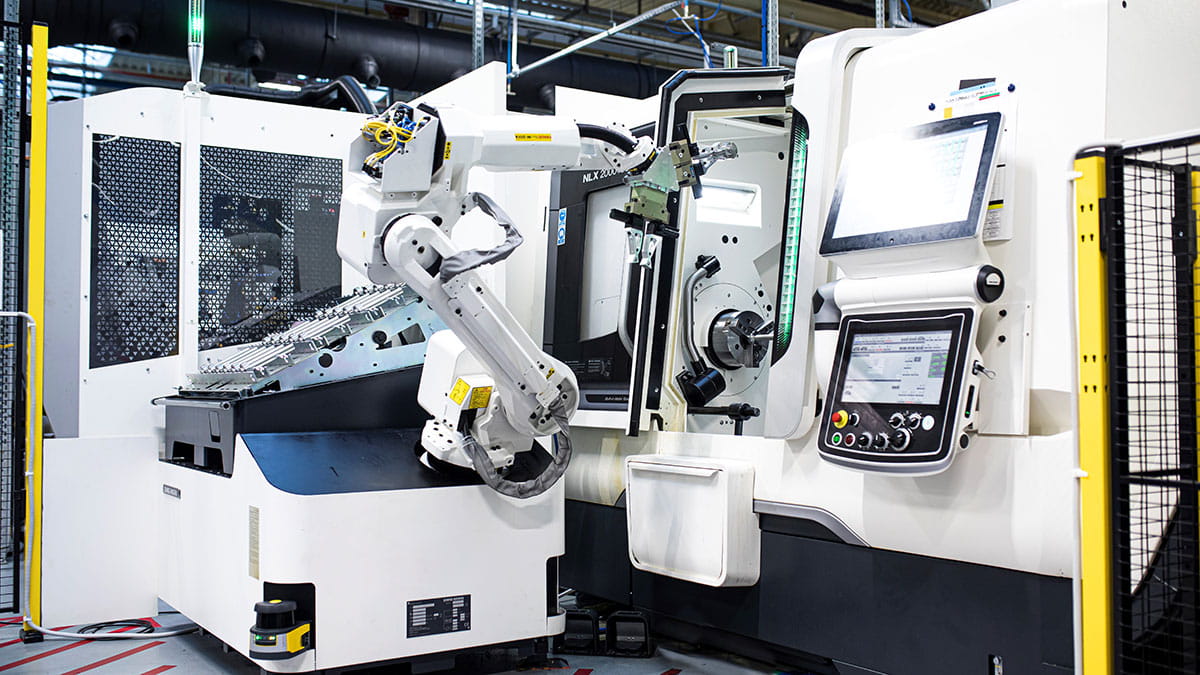
A machine at the Collins Aerospace facility in Wrocław demonstrates the use of automation and advanced manufacturing processes in the production of fuel control system parts.
Delivering technologies to protect Poland’s national security is a joint effort across RTX’s businesses, in partnership with the Ministry of National Defense.
From producing fuel and control systems for aircraft engines and hydraulic systems to manufacturing, overhauling and repairing aircraft propulsion systems used by the Polish Armed Forces, and delivering integrated missile defense systems to the Polish government, each of RTX businesses offers cutting-edge technologies to bring Poland into the next era of defense.
Many examples of that can be found on the F-35 fighter jet. RTX’s teams have either created or helped create many of its game-changing capabilities. They include:
- Propulsion: Pratt & Whitney’s F135 is the most powerful fighter engine ever built, delivering more than 18,144 kilograms (kg) of thrust and unmatched advances in safety, design, performance and reliability.
- Training: Collins Aerospace will prepare fighter pilots through its Joint Secure Air Combat Training System technologies and Tactical Training Combat Systems programs.
- Situational awareness: Joint technologies from Collins Aerospace and Raytheon are helping pilots understand what is happening around them and displaying that data directly on the pilot’s visor.
- Armaments: Raytheon incorporates precision weapons systems into the platform.
- Precision landing: Raytheon's Joint Precision Approach Landing System (JPALS), which enables landing on rugged terrain, rough seas and poor visibility, is integrated into the F-35.

